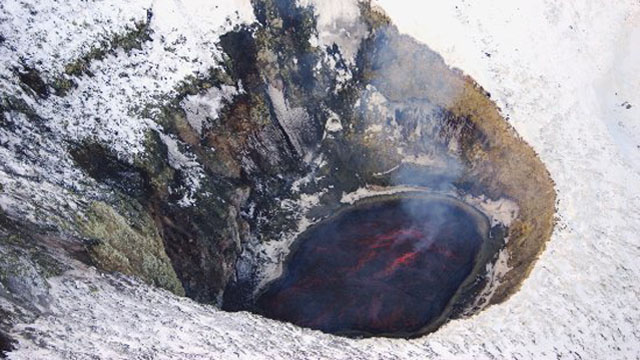Why it’s important to teach America’s flaws in history class

Photo credit: Gary Blakeley / Shutterstock
My dad is and has always been a military history buff. Throughout my childhood, he would test me on copious names, dates, and places. What year was the Battle of Hastings? 1066, of course. Who was the Rock of Chickamauga? General George Henry Thomas. Who’s buried in Grant’s tomb?
You get the picture.
My dad isn’t alone in his hobby. Across America and certainly across the world, there are plenty of people whose enjoyment of history becomes enriched with the accumulation of facts. This is a good thing. It’s important for people to possess a foundational understanding of their forebearers and ideas of who did what when. To know these things is like memorizing verses of the neverending song of humanity. It also makes cleaning up in Trivial Pursuit a whole lot easier.
All that said, there’s a difference between history as a hobby and history as an academic study. For what seems like time immemorial various factions have squabbled over the purposes and goals of history curricula. Jacoba Urist covers many of these — including recent dust-ups in Colorado, Texas, and Oklahoma — in a piece published this week in The Atlantic.
Urist makes several key points that ought to be expounded upon. First, it’s important to note that despite it being the loudest current battle, conflicts surrounding the role of history in schools cannot and should not be summarized in such base terms as patriotism vs. cynicism. That’s the narrative that’s been used to cover recently rescinded legislative proposals in Oklahoma to gut funding for AP U.S. History. The Republican representative who had proposed the legislation argued the new standards presented a “negative” portrayal of the United States while placing too little focus on the founding fathers and the Constitution.
What we have at play here are two debates being packaged as one. The first is, “What is the purpose of teaching history?” The second is, “How should history be taught?” These need to be treated as separate issues even if their answers overlap.
Urist argues that we study history not for the rote memorization of names, places, and dates, but rather the study of decision-making, the understanding of broad social trends, and the honing of skills related to evaluation and scrutiny. We teach history so that we can understand motive and values. We seek to instill in young people the ability to see through a facade and identify the motifs of human existence. These are vital skills that contribute to the overall betterment of civilization, yet that cannot be properly cultivated when half the story is left out.
Therefore, how should history be taught? By presenting facts in a way that encourages critical reflection. As historian David Blight is quoted in The Atlantic piece:
History’s job isn’t to make people feel happy about themselves or their culture. That’s why we have religion, churches, and community organizations.
As an example of the way history ought to be taught, Urist approaches a particularly contentious issue: 9/11. One side would argue that 9/11 should be taught as an unprecedented attack on American self-determination and freedom. Urist disagrees. Teach 9/11 as a tragedy, she says, because it was. But don’t treat it like it occurred in a vacuum:
“Teaching history is about telling a dramatic story — but it’s also about explaining and interpreting past events analytically. It’s impossible to teach about 9/11, Blight noted, without recounting the sequence of events that preceded that morning — the recurring acts of terrorism, the previous attack on the World Trade Center, and so on — as well as the prolonged aftermath in the Middle East.”
Students of history need to know what the Battle of Hastings accomplished for William the Conquerer and how it affected the world ever since. Knowing that it occurred in 1066 is important, but more so if you’re trying to grab the yellow piece of pie. Likewise, it’s vital to understand not just who did what in 1776, but whether the decisions they made were really so categorically correct (as some would have you believe), whether “correct” is even the right term for such a study, and whether various other events and elements throughout America’s history promote or diminish our collective legacy. It’s not a matter of patriotism or cynicism; it’s just history.
Read more at The Atlantic.





